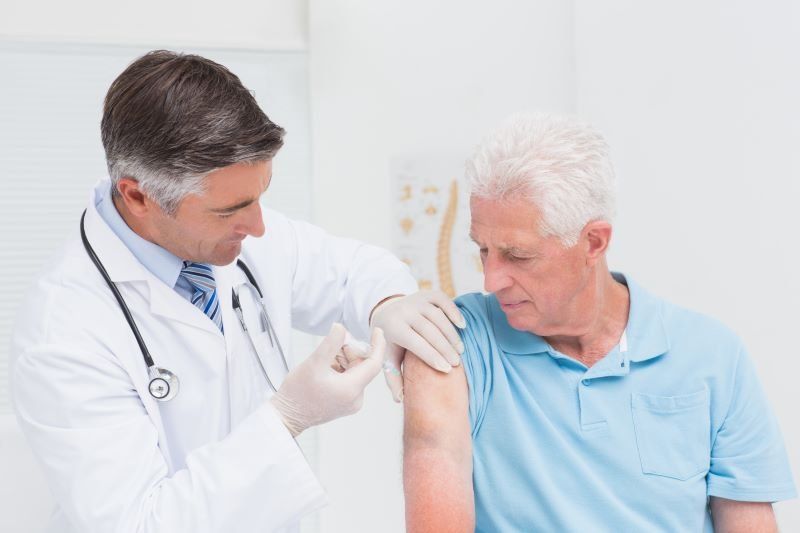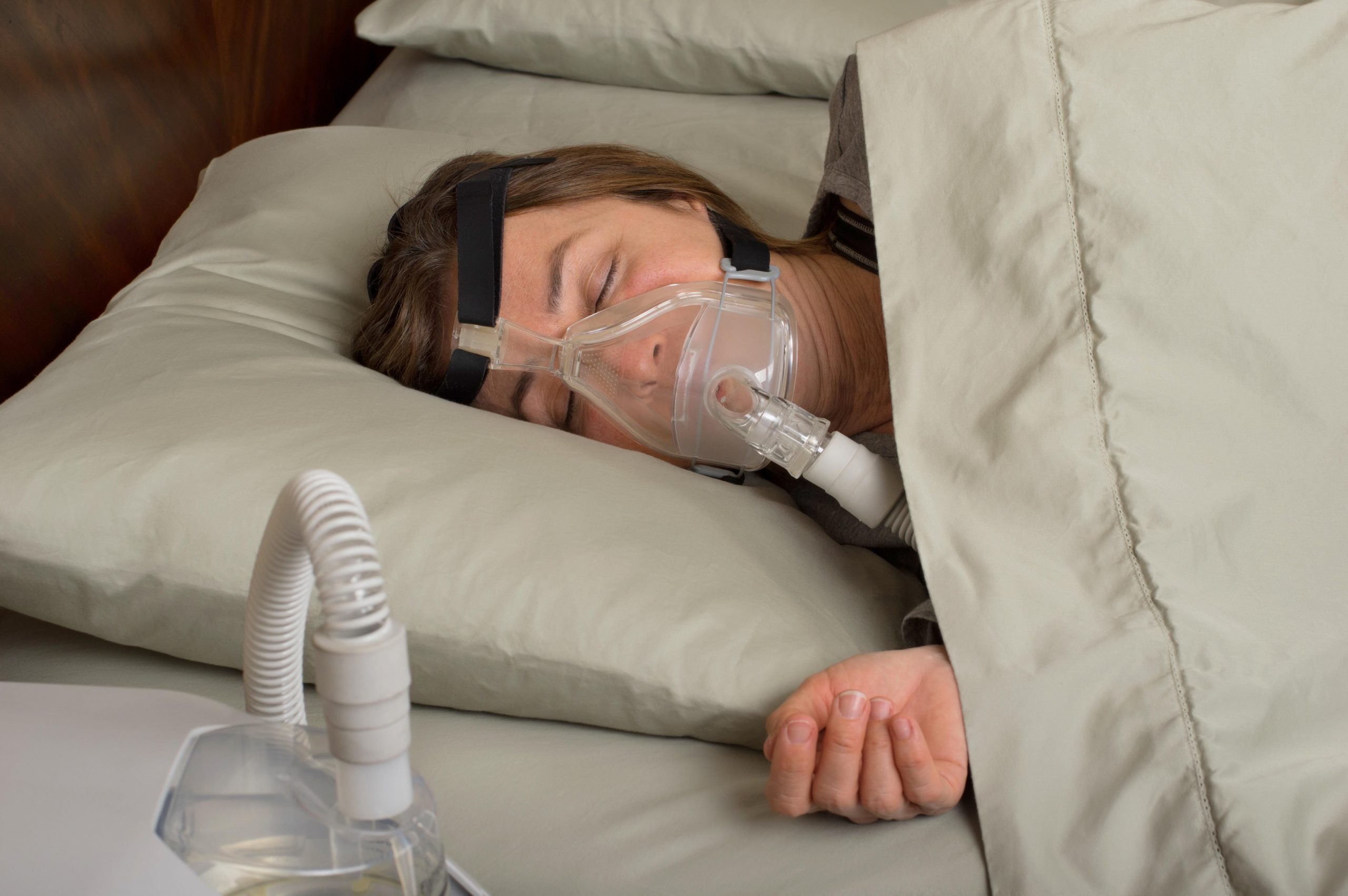
Older adults are more easily distracted than younger folks, especially if they’re also physically exerting themselves, according to new research. “Our results suggest that older adults might have heightened distractibility,” said study co-author Lilian Azer, a graduate student from the University of California, Riverside. For the study, the researchers assessed the interaction between physical exertion… read on > read on >






























